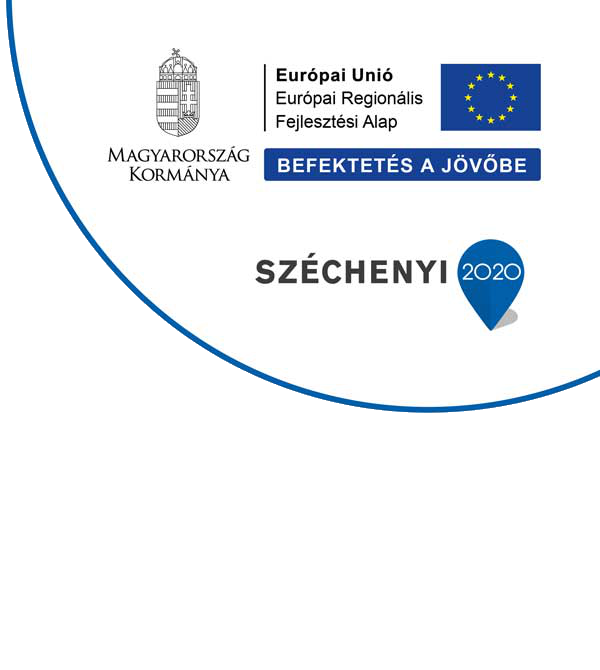Our colleague, Balázs Molnár is invited to IWBBIO 2022 (9th International Work-Conference on Bioinformatics and Biomedical Engineering, held in June-2022, Spain) conference to present his latest research publication as a co-writer about data quality enhancement.
In the era of artificial intelligence (AI), clever applications already surround us: they learn on data generated in the past and try to predict what happens in the future. They can also be successfully trained to do what humans learn for years.
With the exponentially growing amount of data collected by wearable medical devices, there is an expansion of opportunities to exploit machine learning methods in monitoring patient health and predicting events that may need medical attention. Wearable ECG devices provide a more comfortable alternative compared to the usual monitoring devices used in clinical settings, at the cost of inferior information density and signal quality. Notwithstanding, recent studies suggest that machine learning methods are able to work with wearable data, and for specific tasks, even medical grade devices are now available (e.g. detection of cardiac arrhythmia).
For example, there is an algorithm, a machine, which learns to classify healthy and abnormal heartbeats based on shown electrocardiogram ECG signals (which are used to measure the electric activity of the heart). Other machine learning tasks can also be of interest, e.g. that predict epileptic seizures from ECGs. However, AI makes mistakes like humans, and the practical applicability of such algorithms often depends on the frequency and severity of these mistakes. In case of ECG signals, false predictions/detections can be significantly reduced by improving the quality of data.
Balázs will share his findings and views how to build a robust model based on wearable ECG signals, provide an automated way of generating clean, high quality data on which the machine can learn. While the whole process is automated, the method saves the time of clinicians: such analysis manually would take weeks to complete, while these algorithms run in less than a few hours on a single PC.
E-Group is extremely proud of this scientific research our colleagues are part of and the contribution to a better healthcare. Congratulations to Balázs and the whole team behind the article what was written as a part of the Smart Data project, a co-operation between E-Group and the University of Pécs.
Data quality enhancement for machine learning on wearable ECGs is published in an internationally acknowledged periodical.

E-Group Smart Data Team


